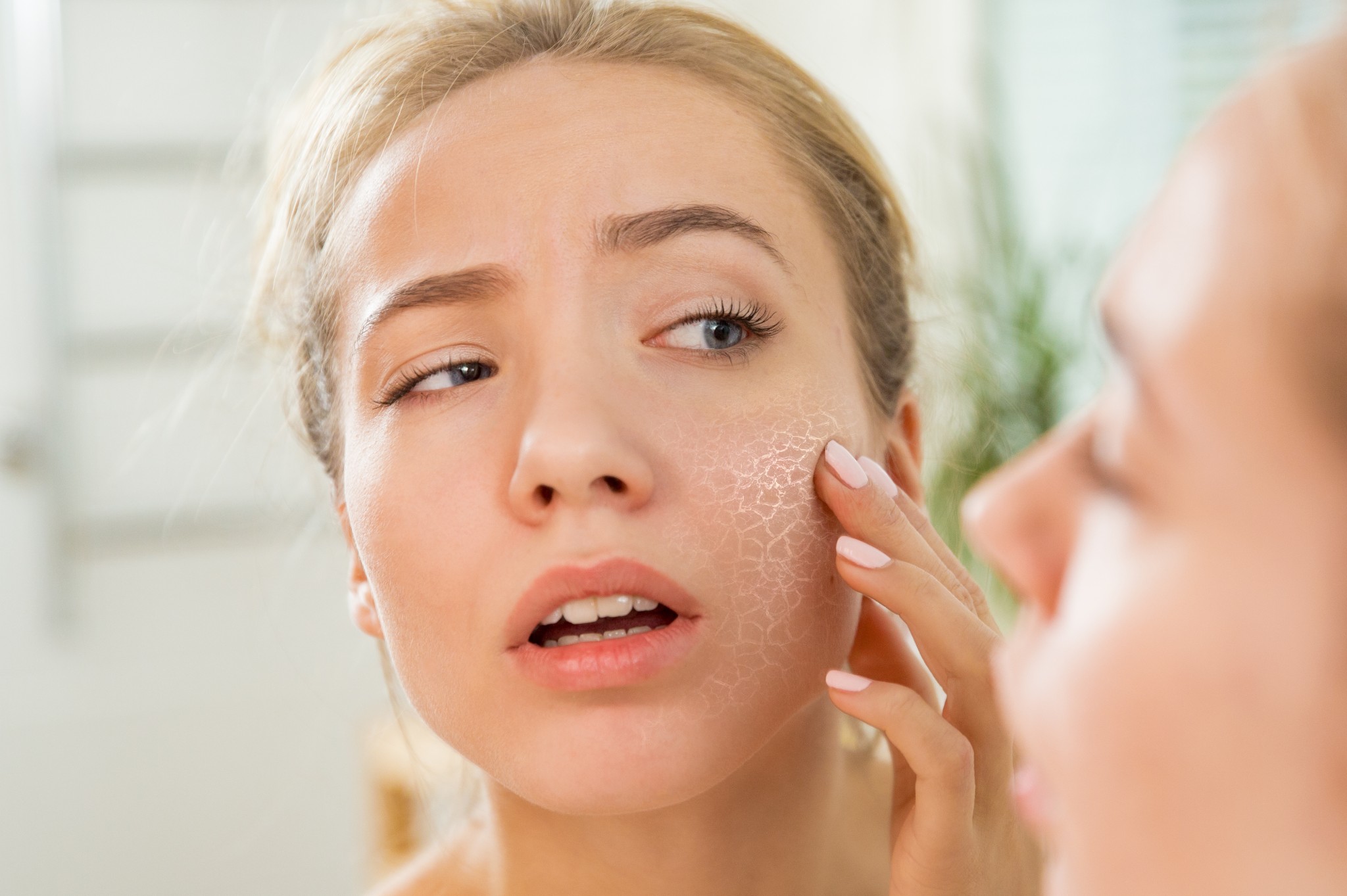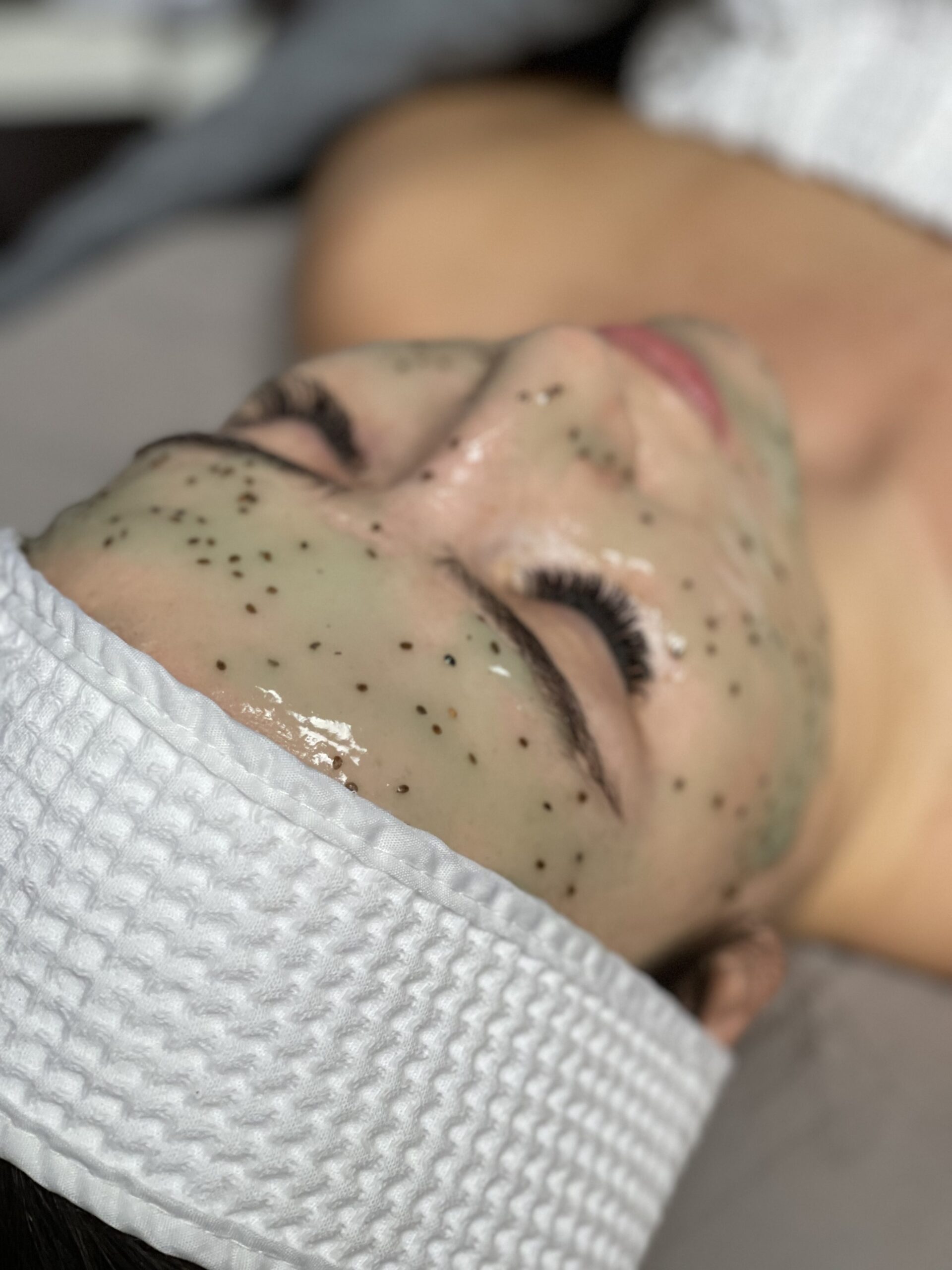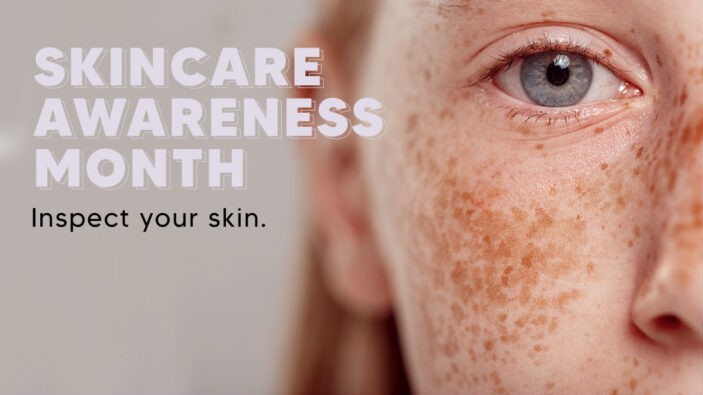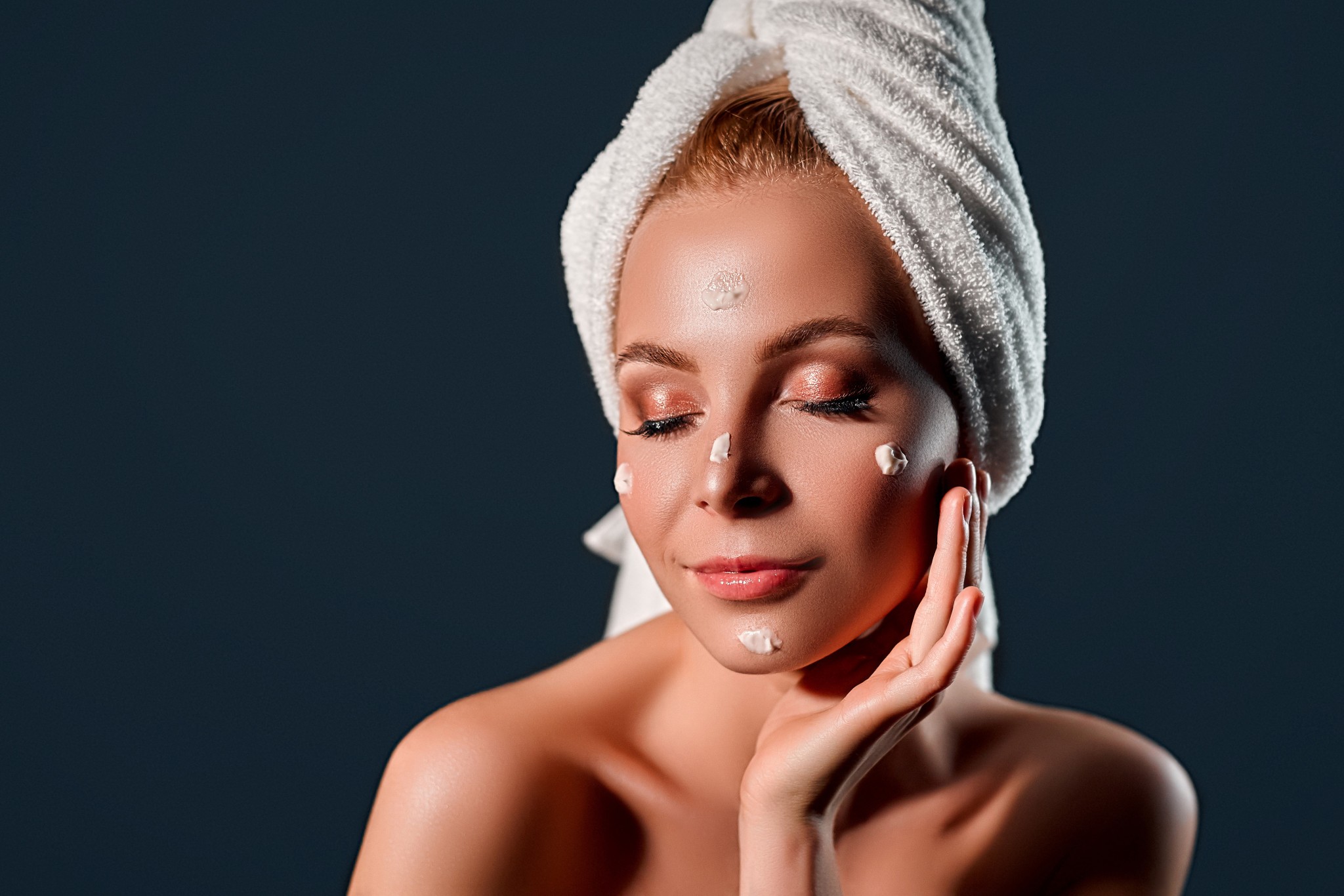What is Your Body Lacking When You Have Dry Skin?

Dry skin is a common condition that affects many people at various points in their lives. It can range from mild, temporary dryness to severe, chronic conditions that require ongoing care. Understanding what your body may be lacking when you experience dry skin is crucial to finding the most effective treatments and making lifestyle adjustments that can help improve skin health.
The Role of Hydration in Skin Health
Hydration is key to maintaining soft, resilient skin. When your body is dehydrated, it reflects on your skin, making it look and feel dry, tight, and flaky. Drinking plenty of water is the simplest way to combat dehydration and support overall skin health. However, hydration isn’t just about water intake. The environment you live in, the air quality, and the climate can all play significant roles in skin hydration. Dry air, especially in winter months or in arid climates, can draw moisture away from your skin, exacerbating the dryness. Using a humidifier in your home or office can help maintain a more skin-friendly level of humidity.
Essential Fatty Acids and Skin Health
Essential fatty acids (EFAs), particularly omega-3 and omega-6 fatty acids, play a crucial role in skin health. They contribute to the skin’s lipid layer, helping to retain moisture and keep the skin hydrated. A deficiency in EFAs can lead to dry skin, as well as make the skin more prone to inflammation and eczema. Foods rich in omega-3 fatty acids, such as flaxseeds, walnuts, and fatty fish like salmon and mackerel, can help boost your skin’s health. For those who find it challenging to get enough EFAs through diet alone, supplements can be an effective alternative.
The Importance of Vitamins and Minerals
Vitamins and minerals significantly affect skin health. Vitamin A, Vitamin C, Vitamin D, and Vitamin E are known for their skin-benefiting properties. Vitamin A helps in the repair of skin tissue, vitamin C is essential for collagen production, vitamin D plays a role in skin cell growth and repair, and vitamin E is an antioxidant that helps protect the skin from damage. Zinc, too, is crucial for skin health, supporting the immune system and helping with skin regeneration. A balanced diet rich in fruits, vegetables, lean proteins, and whole grains can provide these essential vitamins and minerals. However, if dietary intake is not enough, supplementation may be necessary.
The Impact of Lifestyle Choices
Lifestyle choices can significantly impact skin health. Smoking, excessive alcohol consumption, and high levels of stress can all contribute to dry skin. Smoking impairs blood flow to the skin, depriving it of essential nutrients and oxygen, leading to dryness and premature aging. Stress triggers the production of cortisol, a hormone that can reduce skin’s ability to retain moisture. Meanwhile, alcohol dehydrates the body and, by extension, the skin. Adopting a healthier lifestyle, including quitting smoking, moderating alcohol consumption, and managing stress through activities like yoga, meditation, or regular exercise, can improve skin health and hydration.
Skincare Products and Regimens
The skincare products you use can also play a significant role in addressing dry skin. Harsh cleansers and products containing alcohol can strip the skin of its natural oils, leading to dryness. Opting for gentle, hydrating cleansers and moisturizers that contain hyaluronic acid, glycerin, or ceramides can help maintain the skin’s moisture barrier. It’s also important to apply moisturizer immediately after bathing to lock in moisture. Regular exfoliation can remove dead skin cells that prevent moisturizers from penetrating deeply into the skin. However, it’s crucial to use a gentle exfoliant to avoid damaging the skin’s surface.
Professional Care and Treatments
When over-the-counter products and home remedies are not enough to alleviate dry skin, it may be time to seek professional care. Dermatologists can provide tailored advice and treatments, including prescription creams and ointments that are more effective than those available over the counter. In some cases, professional treatments like hyaluronic acid injections or laser therapy may be recommended to help restore the skin’s moisture and improve its appearance.
Ending Dry Skin
Dry skin can be a frustrating condition, but understanding what your body may be lacking is the first step towards finding relief. Hydration, essential fatty acids, vitamins and minerals, and healthy lifestyle choices all play vital roles in maintaining skin health. Additionally, choosing the right skincare products and seeking professional advice, when necessary, can make a significant difference. By addressing these aspects, you can help ensure your skin remains soft, hydrated, and healthy.






Hi, this is a comment.
To get started with moderating, editing, and deleting comments, please visit the Comments screen in the dashboard.
Commenter avatars come from Gravatar.